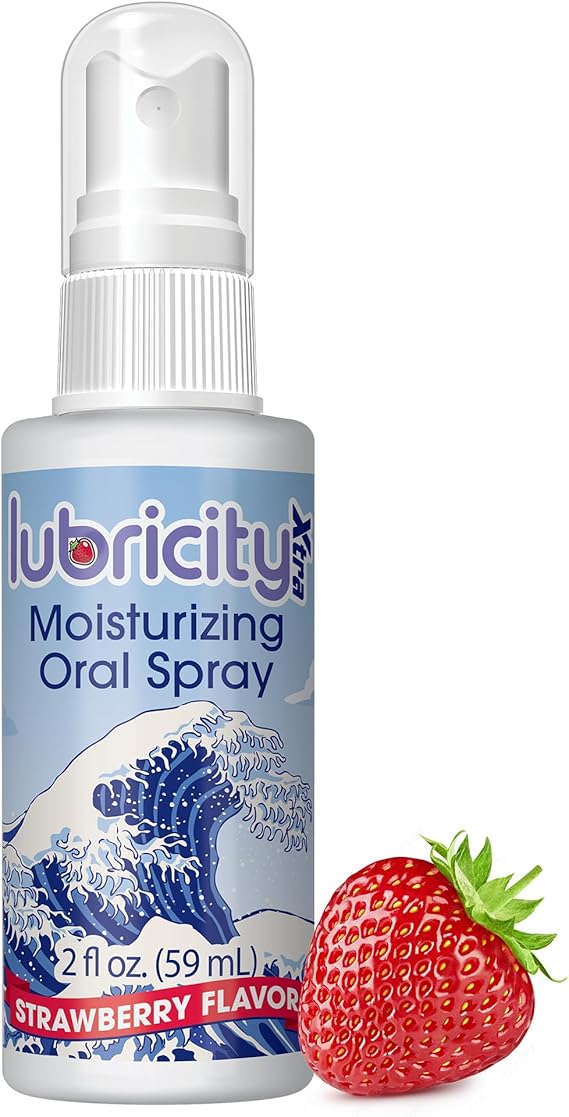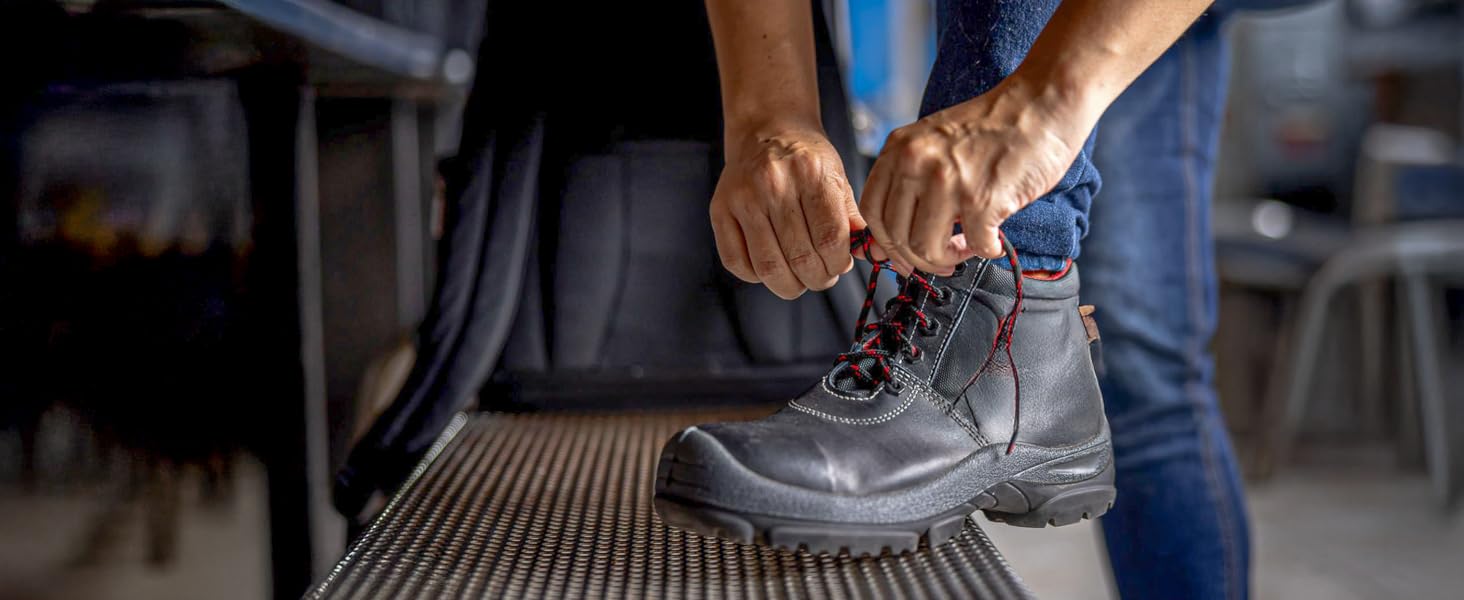When it comes to protecting your favorite boots from water and stains, choosing the right waterproofing spray can make a significant difference. With many options available on the market, you might find yourself torn between DIY solutions and store-bought products. This article will explore the advantages and disadvantages of both approaches to help you make an informed decision.
The Importance of Waterproofing Your Boots

Before diving into the specifics of DIY versus store-bought waterproofing sprays, it’s essential to understand why waterproofing your boots is worthwhile. Wet feet can lead to discomfort, blisters, and even fungal infections. Additionally, moisture can cause irreversible damage to certain materials, especially leather. Waterproofing your boots can:
- Extend the lifespan of the footwear
- Enhance comfort during wet conditions
- Maintain the appearance and structure of the boot
With these benefits in mind, let’s evaluate both DIY options and store-bought products.
DIY Waterproofing Sprays: The Natural Approach

DIY waterproofing sprays are an attractive option for many people, especially those who prefer natural ingredients or want to save money. Here are some common DIY methods and their effectiveness:
1. Beeswax and Coconut Oil

One popular DIY recipe involves mixing beeswax and coconut oil. This combination provides a natural barrier against water and can be easily applied to leather and fabric boots.
- Ingredients: 1 part beeswax, 1 part coconut oil
- Application: Melt the ingredients together, allow them to cool slightly, and then apply with a cloth.
- Effectiveness: This method can create a water-repellent layer, but may require reapplication after exposure to heavy rain.
2. Vinegar and Water Solution
A simple solution of vinegar and water can also provide a level of waterproofing, especially for canvas and synthetic materials.
- Ingredients: 1 part vinegar, 2 parts water
- Application: Spray the solution onto the boots and let them dry completely.
- Effectiveness: While this method can help repel water, its effects may not be as long-lasting as other options.
3. Silicone Spray
Another DIY option is to use a silicone spray, which can be purchased at hardware stores. Silicone forms a protective barrier over the material.
- Ingredients: Pure silicone spray
- Application: Simply spray evenly onto the surface of the boots.
- Effectiveness: Silicone sprays can be highly effective, but check for compatibility with your boot materials before use.
Advantages of DIY Waterproofing
There are several advantages to opting for DIY waterproofing solutions:
- Cost-Effective: DIY methods are often much cheaper than store-bought sprays.
- Natural Ingredients: You can control what goes into your waterproofing solution, making it a safer choice for environmentally-conscious consumers.
- Customization: You can tailor your solution to meet your specific needs and preferences.
Disadvantages of DIY Waterproofing

However, there are also some drawbacks to consider:
- Time-Consuming: Preparing and applying DIY solutions can take more time than simply using a store-bought spray.
- Variable Effectiveness: The results can vary based on the ingredients and application method used.
- Shorter Lifespan: DIY solutions may not last as long as professional-grade products.
Store-Bought Waterproofing Sprays: The Professional Touch
Store-bought waterproofing sprays are widely available and come in various formulations designed for different materials. Here’s an overview of some popular options:
1. Nikwax Fabric & Leather Proof

Nikwax is a well-known brand that specializes in waterproofing products. Their Fabric & Leather Proof spray is suitable for both leather and synthetic materials.
- Features: Water-based, non-toxic, and easy to apply.
- Effectiveness: Provides long-lasting waterproofing while maintaining breathability.
2. Scotchgard Water Shield
Scotchgard offers a water shield spray that works well on a variety of materials, including suede and nubuck.
- Features: Non-toxic, quick-drying, and protects against stains as well as water.
- Effectiveness: Renowned for its durability, it can withstand multiple washes and heavy rain.
3. Kiwi Camp Dry Heavy Duty Water Repellent

This spray is designed for heavy-duty use, making it ideal for hiking boots and outdoor footwear.
- Features: Silicone-based, provides a strong water-repellent barrier.
- Effectiveness: Known for its longevity, it can last through harsh weather conditions.
Advantages of Store-Bought Waterproofing Sprays
Choosing a store-bought spray has its benefits:
- Ease of Use: Store-bought products are typically ready to use, requiring minimal preparation.
- Consistency: These products are formulated to deliver reliable results every time.
- Variety: There is a wide range of products available for different materials and purposes.
Disadvantages of Store-Bought Waterproofing Sprays
On the downside, there are also some considerations:
- Cost: Store-bought options can be more expensive than DIY solutions.
- Chemicals: Some sprays may contain toxic ingredients that can be harmful to the environment.
- Application Instructions: Each product may have specific application methods that need to be followed for optimal results.
Which Option is Right for You?
Ultimately, the choice between DIY and store-bought waterproofing sprays depends on your priorities and preferences. Here are some factors to consider:
- Budget: If you’re looking to save money, DIY methods might be the way to go.
- Time: If you’re in a hurry, store-bought products offer convenience.
- Material: Consider the type of material your boots are made from and choose a waterproofing solution that is compatible.
- Environmental Concerns: If you’re eco-conscious, DIY solutions with natural ingredients may appeal to you more.
Choosing the right waterproofing spray for your boots is an important decision that can impact the comfort and longevity of your footwear. Both DIY and store-bought options come with their own sets of advantages and disadvantages. DIY methods can offer cost-effectiveness and customization, while store-bought sprays provide ease of use and consistent results. Ultimately, consider your budget, time constraints, and material compatibility before making your choice. With the right waterproofing solution, you can keep your boots in top condition, no matter the weather.